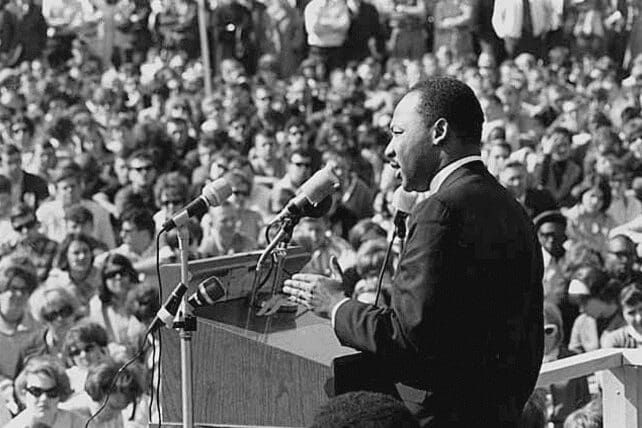The following year in 2020, the presidents of all six SBC seminaries signed a statement condemning CRT as incompatible with the SBC’s doctrinal statement, Baptist Faith & Message. This move was a contributing factor in the departure of a number of high profile Black pastors in the SBC, including Charlie Dates and Ralph D. West. Earlier that same year, John Onwuchekwa also left the denomination, citing in part that the denomination was “not leading to denounce racism in its walls or in our cities.”
By the time of the 2021 SBC annual meeting, a group within the denomination sought to bring forth a resolution that would unequivocally condemn CRT. Ultimately, the effort failed. This encouraged some, like Dwight McKissic, to remain within the ranks of the denomination. For others, like Josh Buice, it was reason enough to cut ties.
Central to the debate about CRT is deep disagreement over what CRT actually is. Opponents of CRT condemn the analytical tool as itself racist for dividing people along racial categories. In their denunciations of CRT, those advocating for a “color-blind” approach to race are in turn often accused of accommodating for, or even tacitly endorsing, white supremacy.
Alongside the debate of CRT, which has been waged both inside and outside the church, America has also been experiencing a crisis of conscience when it comes to election security and voter rights. After a deeply bitter 2020 presidential race, the results of which were called into question amid false allegations of widespread voter fraud, a number of states have instituted stricter voting regulations.
Among the states that have introduced voter security legislation is Georgia, which was one of the most highly contested battlegrounds in the presidential election. In 2021, the state passed S.B. 202, which decreased access to absentee ballots and drop boxes and gave greater power to partisan officials to disqualify ballots.
While many conservatives see the law as a victory for election security, President Joe Biden has referred to it as “Jim Crow in the 21st century” for the ways it will potentially decrease the likelihood of many Black citizens casting a vote. Much like the debate over CRT, the heart of the matter in voting legislation appears to reside in cynicism regarding the other side’s intentions. Republicans accuse Democrats of trying to tamper with elections, and Democrats accuse Republicans of trying to suppress the Black vote.
In response to the Georgia law restricting voter access, as well as others like it, Democrats have called for national legislation that would expand voting rights across the country. However, any effort to pass legislation has been blocked by Republicans, whose constituencies and support bases are notably composed, in large proportion, of evangelicals.
By contrast and as a statement of protest, 25 pastors and faith leaders announced that they would be conducting a hunger strike as part of an effort to pressure Congress to pass new voting legislation. The announcement came on January 6, the one year anniversary of the riot at the U.S. Capitol on the day Congress met to certify the 2020 election results, and the group of pastors said that the hunger strike would remain in effect until January 17—Martin Luther King Jr. Day.
In the weeks leading up to Martin Luther King Jr. Day, King’s own son also called on Congress to expand voter rights, even urging the public not to celebrate the holiday unless Congress did so.
“Every generation has to earn its freedom, and so this is a form of re-acquiring the freedom,” Martin Luther King III said to Axios. “We shouldn’t have to do it. But we do have to do it, and we are going to do it, because the voting rights of people are far too important.”

